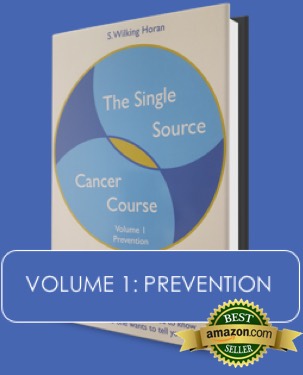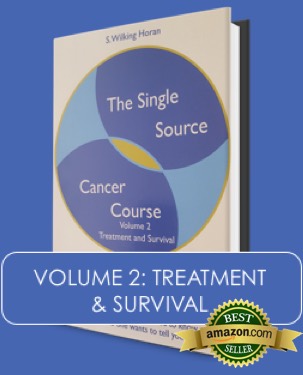
THE FULL MOON, HEALTH AND WELLNESS
It is the very error of the moon. She comes more near the earth than she was wont. And makes men mad.
William Shakespeare, Othello
Welcome to HEALTH AND #WELLNESS WEDNESDAY everyone! Spring has officially arrived – heralded by the Spring Equinox, which occurred this month between March 19 and March 20 – depending upon where you live. And of course, the Equinox, which occurs four times during the year, signals the twenty four-hour period in which the day and night are of equal length.
Moreover, March 23 marks this month’s Full Moon. And, once again as we enjoy the beauty of this celestial event, we can’t help but ponder the longtime question:
CAN A FULL MOON REALLY AFFECT OUR PHYSICAL OR MENTAL HEALTH AND WELLNESS??
So, we’re going to re-visit this topic and shed some “light” on the mysteries of the purported power and influence of the Full Moon on the human body and mind.
To begin, while Shakespeare made clear his opinion, he is not the only one who has attributed strange behavior to the cycles of the moon. For centuries we’ve heard the phrase, “there must be a full moon out there” in an attempt to explain weird happenings at certain times of the lunar month. Indeed, in ancient Rome the goddess of the moon was named Luna — which is the prefix of the word “lunatic.” And, this is what gives us today’s term of “the lunar lunacy effect.”
But, is there any hard evidence to support this theory? Many studies have been conducted over the years to find answers. Researchers have investigated crime, traffic accidents, admissions to hospitals, domestic disputes, crisis center calls and even dog bites and their possible link to the Full Moon. Yet, nothing decisive has been found.
You see, most of the studies that have reported a link between these events and the Full Moon have been flawed. For example, one famous study in the 1980s found that traffic accidents were more common on Full Moon nights. However — in the period of time that was studied, Full Moons occurred more on the weekends. AND, more people drive on the weekends. AND, more people on the road increases the likelihood of more accidents. AND, when the researchers removed this confounding factor from their study, the lunar lunacy effect disappeared.
Having said that, there is one theory that appears to hold up and make sense. It focuses on the bright light of the Full Moon. A bright light can keep people awake and deprive them of sleep. In turn, sleep deprivation can lead to anxiety, nervousness and irritability. And, these emotional states can lead to odd or strange behaviors.
Furthermore, according to psychiatrist Glenn Wilson, the bright light of the Full Moon can create the optimum lighting condition for one to feel “carefree and mischievous.” People may stay out later — they may party a bit more — they may be up when they should be sleeping — and these factors can lead to careless and, perhaps, worrisome behavior.
But — don’t let the Full Moon worry you! Enjoy its beauty — its splendor — its magnificence. Just stay on your regular schedule and get plenty of sleep — in the beautiful and brilliant light coming your way tonight!
Thanks again for joining me everyone! Until next time stay in Good Health and remember to . . .
TAKE THE COURSE AND TAKE CHARGE!



Leave a Comment